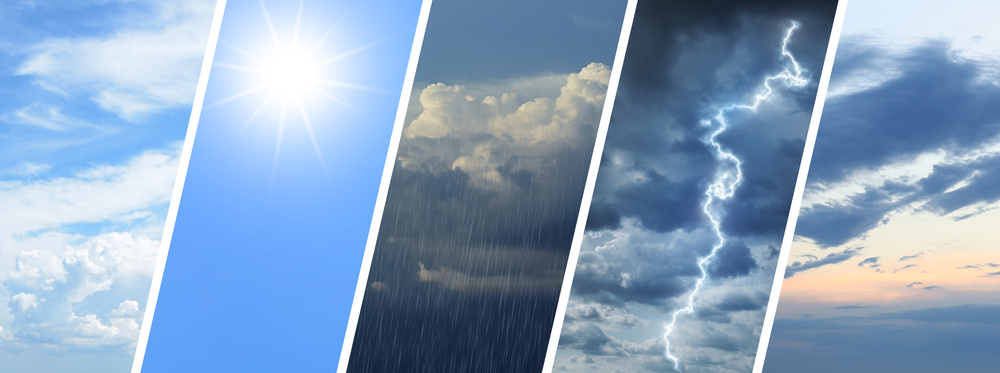Google DeepMind’s machine learning model, GraphCast, beat traditional weather forecasting methods by some distance in early testing.
Predicting the weather accurately is a difficult task that becomes exponentially complex the more days into the future we want to predict.
This is why meteorological organizations rely on the world’s most powerful supercomputers to crunch the complex predictive algorithms that tell us if it will rain tomorrow or not.
The Integrated Forecasting System (IFS) model that the European Centre for Medium-Range Weather Forecasts (ECMWF) uses is considered the most accurate European weather model. And GraphCast just beat it by a long way.
GraphCast was able to predict weather 10 days in advance faster and more accurately than ECMWF in more than 90% of 1,380 verification targets.
Knowing if you should take your umbrella to work is handy, but accurately predicting extreme weather events is where GraphCast could make a significant impact.
In September, as Hurricane Lee was 9 days out from making landfall, weather offices were working hard to predict which city would bear the brunt of the storm.
The IFS model gave a rough prediction of the hurricane hitting some North East cities or possibly missing them entirely. Meanwhile, GraphCast predicted that Hurricane Lee would hit Nova Scotia.
It was only 3 days later that IFS came to the same conclusion which eventually proved accurate. Imagine the improvement in the deployment of resources and emergency services that an extra 3 days would make possible.
Pushmeet Kohli, VP of research at Google DeepMind said, “Weather prediction is one of the most challenging problems that humanity has been working on for a long, long time. And if you look at what has happened in the last few years with climate change, this is an incredibly important problem.”
Presenting GraphCast: our state-of-the-art AI model delivering 10-day weather forecasts with unprecedented accuracy in under one minute. 🌦️
It can even help predict the potential paths of cyclones further into the future.
Here’s how it works. 🧵 https://t.co/ygughpkdeP pic.twitter.com/0Y6DyBXDow
— Google DeepMind (@GoogleDeepMind) November 14, 2023
How does it work?
Traditional models like IFS use “numerical weather prediction” (NWP). This involves collecting massive amounts of weather sensor data which are then input into complex equations that supercomputers process.
The equations are tweaked by teams of experts and have become increasingly accurate but, they still require a lot of computer processing power and take a long time to arrive at a prediction.
NWP is essentially trying to use algorithms to model how the atmosphere works to predict what will happen next.
What GraphCast does is a lot simpler, but can’t be done by traditional equations.
The GraphCast model uses machine learning-based weather prediction (MLWP) and is trained on about 50 years’ worth of historical weather data.
It then takes that data and, instead of creating a model of our atmosphere, it looks for patterns in the data. An AI model is great at finding subtle patterns that are impossible for fixed equations to detect.
GraphCast basically looks at the current weather data and says, ‘Last time I saw these conditions the next thing that happened was…’ and then makes a prediction.
The level of detail, or resolution, of GraphCast predictions isn’t as good as traditional models but it is a lot more accurate and a lot faster.
Where a supercomputer would need to crunch weather data for hours to make a prediction, GraphCast can produce a result in less than a minute on a single Google TPU v4 machine.
MLWP depends heavily on historical data produced by traditional NWP models so it won’t replace them quite yet.
However, using a tool like GraphCast in tandem with current methods will help to predict extreme weather events faster and more accurately.
Google DeepMind is making GraphCast open source and it is already being used by ECMWF.





